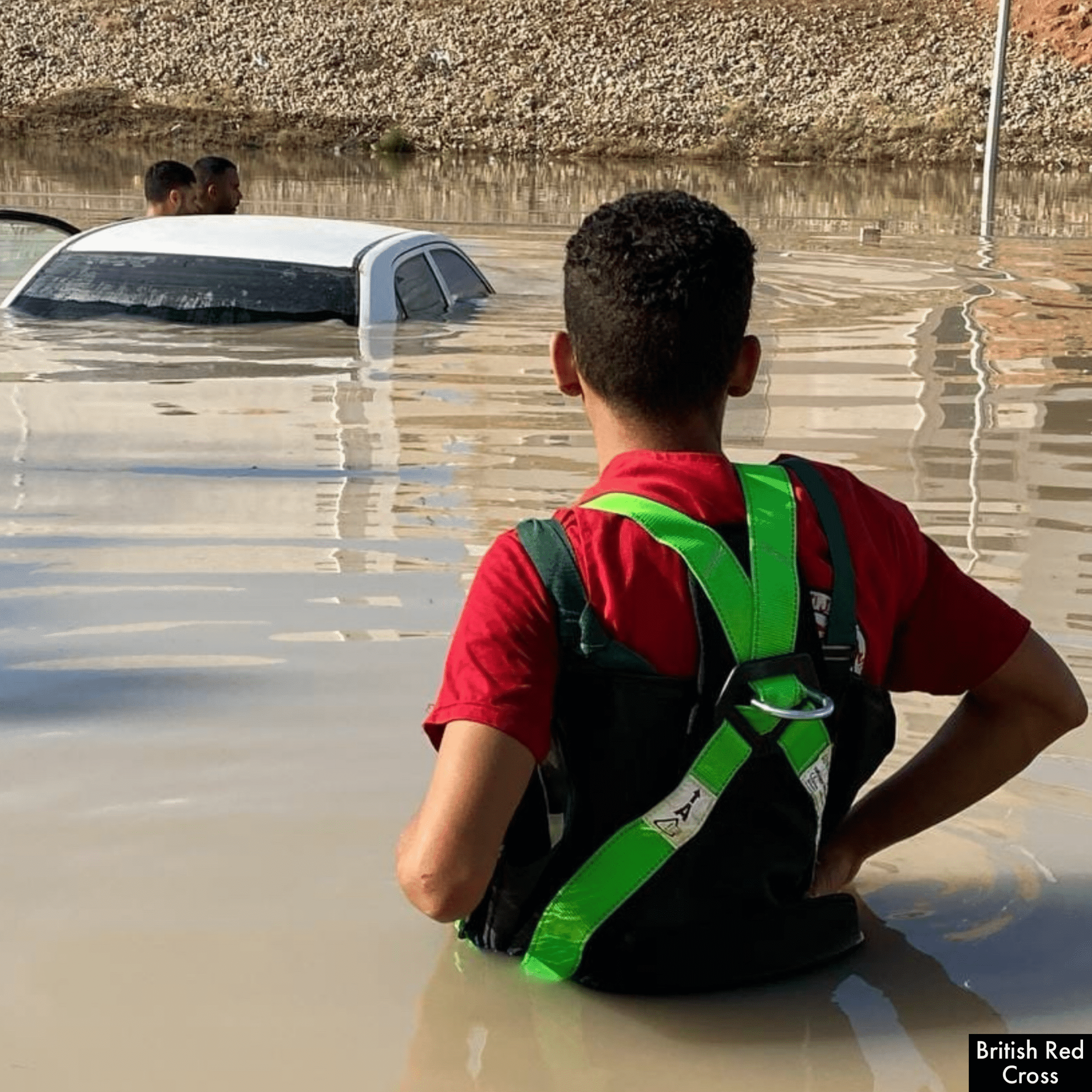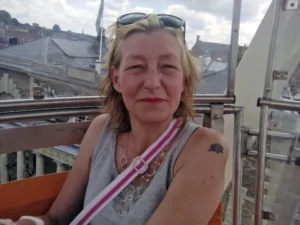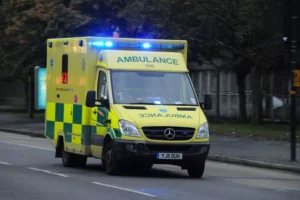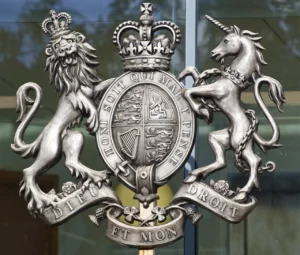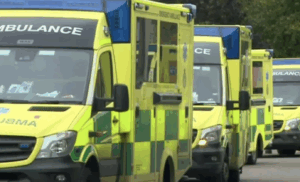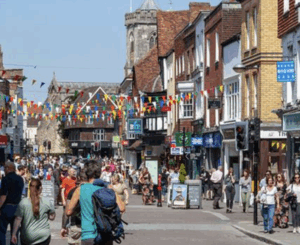In response to growing concerns over the safety of drinking water in the flood-hit city of Derna, Libyan authorities have initiated a vaccination campaign against waterborne diseases. This action comes after at least 150 individuals reportedly suffered from diarrhoea, believed to be caused by consuming contaminated water in Derna.
The head of Libya’s centre for combating diseases has confirmed the alarming surge in diarrhoea cases linked to the consumption of potentially tainted water. In light of this, residents have been urgently advised to exclusively consume bottled water, which is being transported to the city as part of ongoing relief efforts.
The vaccination drive follows severe flooding that wreaked havoc in eastern Libya last week, triggered by Mediterranean Storm Daniel. Tragically, Derna bore the brunt of the disaster, with more than 11,000 lives lost due to the bursting of two dams on the city’s outskirts. The torrential floodwaters not only devastated entire neighbourhoods but also carried people out to sea.
The full extent of the tragedy is yet to be realised, as roughly 10,000 individuals, out of Derna’s population of 90,000, are still unaccounted for. Othman Abduljaleel, eastern Libya’s Health Minister, announced that the vaccination campaign would commence on Sunday. It will primarily target recovery and healthcare workers, as well as children.
Health Minister Abduljaleel explained, “There are three target groups. The first category is the exhumation teams, the second category is the health sector workers, who are also exposed to all sources that may cause them health issues. The third category is the children, especially in the age group from one to 15 years.”
Authorities in Libya have launched an investigation into the collapse of the two dams that led to this catastrophe. However, analysts have raised concerns about the feasibility of conducting such a probe amidst the country’s ongoing political instability.
Libya has grappled with more than a decade of turmoil following a NATO-backed uprising in 2011 that ousted the longtime dictator Moammar Gadhafi. The nation remains deeply divided between two rival administrations, each supported by different militias and foreign governments.
Amidst these challenges, rescue operations continue relentlessly as search teams work tirelessly to locate survivors. Libya’s western government has allocated approximately $412 million (£353 million) for the reconstruction of Derna and other flood-affected towns, aiming to aid the recovery and restoration of the afflicted regions.

